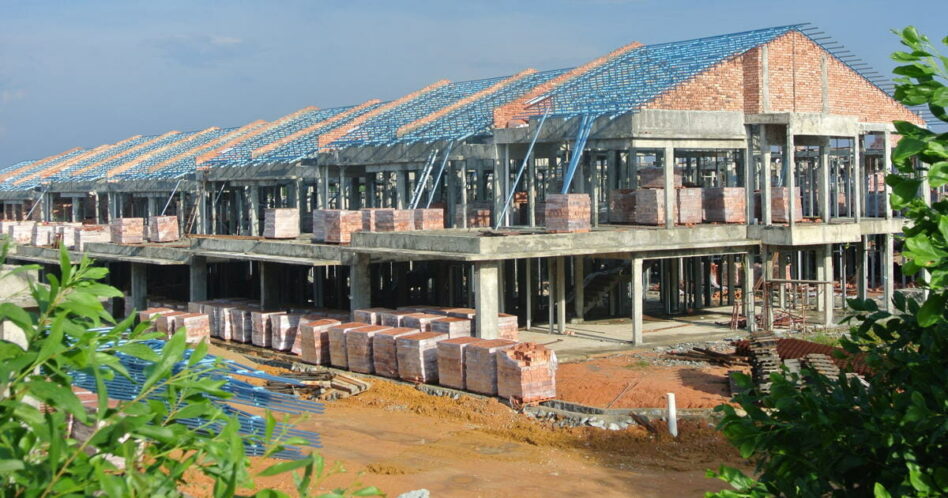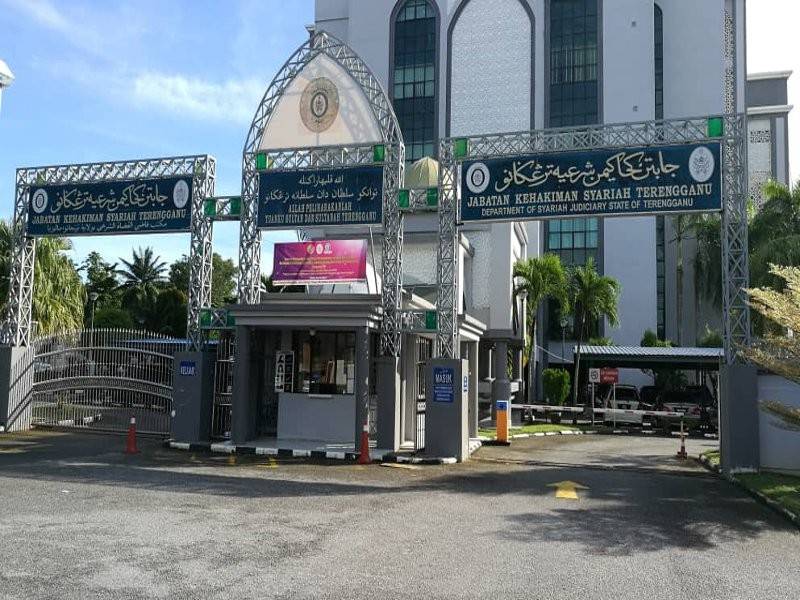By Xavier Kong
AS much as electric vehicles (EVs) are viewed as a greener option, Malaysia still has a few more steps to take before EVs see more widespread use here.
According to SOCAR Malaysia CEO Leon Foong, current data shows that EVs see high mileage, which in turn lengthens the amount of time needed for the cars to charge.
This data, which comes from the company’s pilot project with national grid provider Tenaga Nasional Bhd in Cyberjaya, shows there is a huge popularity for EVs. However, the range requirements on these vehicles are rather high.
“Part of the reason is probably because Cyberjaya is so far from other parts, and it is quite spread out, but we are seeing high mileage from these cars,” Foong tells FocusM.
He shares that, because of the current situation with the charging infrastructure available, EVs with high mileage will also have significant downtime. There is a need for high voltage charging points to charge EVs in a shorter period of time, but this is not yet in place in the infrastructure.
“Right now the infrastructure is not there yet, which presents a bit of a challenge, especially with the high mileage, but in dense cities, it becomes a lot easier to roll out these vehicles,” adds Foong.
At the same time, he also notes that being in a discussion with TNB at this early stage is a good thing, giving both parties time and data for putting together an optimised, sustainable EV ride-sharing network.
When asked about when he thinks Malaysia can transition to fully electric vehicles, he pointed towards global case studies, especially in Europe, where there are already nations setting timelines to transition away from combustion engines.
Examples include Norway, with the aim of prohibiting the sale of all petrol and diesel vehicles by 2025, as well as France, which plans to ban all petrol and diesel cars by 2040, in addition to phasing out oil and gas production.
Foong also cites the example of China, which recognises the huge amount of pollution in the country, not just from automobiles, but also factories.
“In order to keep carbon emissions within control, they have taken active steps to subsidise the manufacturing and production of electric vehicles,” he shares.
In Malaysia, on the other hand, a standard EV costs about RM200,000 inclusive of duties, according to Foong, and this is not inclusive of the stand-up wall charging point which could tack on up to an additional RM5,000.
“It is definitely not for the mass market, and if there is no mass adoption, the economics will never quite work out. So, one thing I think we need to invest in is either the research and development to lower the cost of production, and find a sustainable and cost-effective way of manufacturing and assembling electric cars locally, and on top of that, work together with infrastructure providers to actually roll out, at scale, sufficient charging points. I think it needs to be a coordinated effort,” says Foong.
He adds that car-sharing would likely be a catalyst in the move towards EVs, as car-sharing allows the sharing of the cost of the infrastructure, as well as the cost of owning the vehicle itself, with other members of the car-sharing community.
Another barrier in the transition towards EVs in Malaysia is the fossil fuel barrier, where petrol and diesel are a lot more affordable, relative to the rest of Southeast Asia or the world.
“As long as that remains, there is always what we call the fossil fuel barrier that makes it difficult for EVs to compete, unless there is a big source of funds that can look towards a long -term investment. If you look at the short-term return on investment, sadly, it is quite negative,” says Foong.
He adds that the long-term play also needs to factor in the ecosystem changes, the infrastructure rollout, as well as the implications of the investment. He also pointsto China as having adopted this particular play. – March 6, 2020









